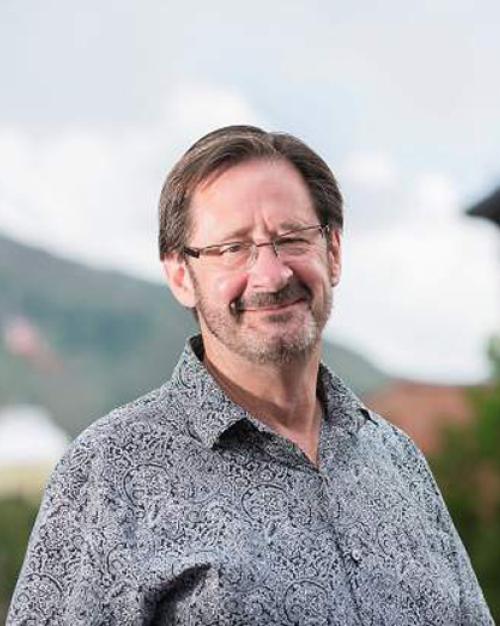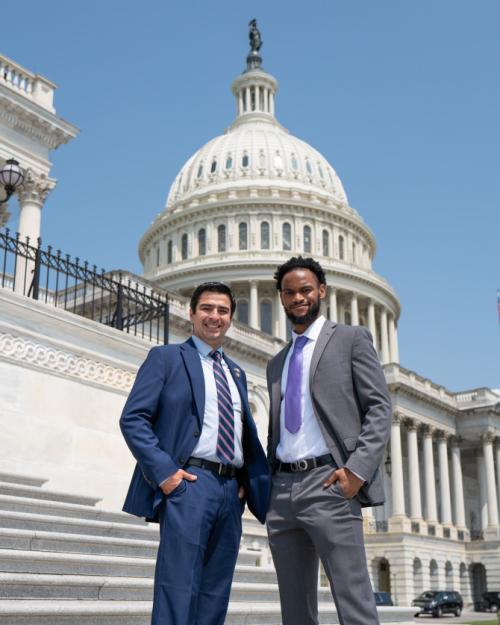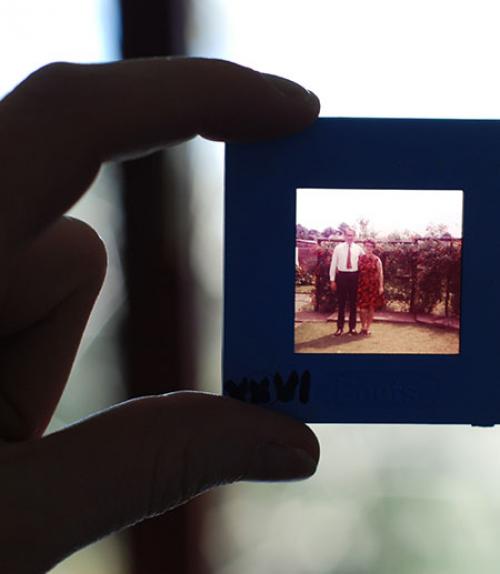This is an episode from the “What Makes Us Human?” podcast's third season, "What Do We Know about Love?" from Cornell University’s College of Arts & Sciences, showcasing the newest thinking from across the disciplines about the relationship between humans and love. Featuring audio essays written and recorded by Cornell faculty, the series releases a new episode each Tuesday through the fall semester.
Love has long mystified philosophers and anthropologists, as well as painters, writers, and musicians, and, of course, psychologists.
Although some may think that love can’t be scientifically studied, there is considerable research investigating the behavioral, psychological, and neural components of love—and its counterpart, the loss of love.
From a psychological perspective, we know that love is primal. Human infants cannot take care of themselves. To ensure survival, infants are born with a psychobiological system that readies them to form emotional ties to those who can protect them.
Love is the glue that binds infants and caregivers. It’s also the glue that binds two adult partners to one another. We might think that the love between an infant and a parent is quite different from the love between two partners. Of course, in many ways, it is. But although love takes various forms (the Greeks identified seven forms of love), they share important commonalities.
Research using functional magnetic imaging (fMRI) has identified the neural bases of maternal and romantic love. In one study, individuals who viewed a photograph of a loved one showed activation of brain regions involved in the processing of rewards. These are the same regions activated when we eat a delicious meal and feel pleasure.
But love is associated with more than just positive feelings. Interactions with loved ones, or merely thinking about them, activate neural regions rich in oxytocin and vasopressin receptors. These neurohormones foster feelings of trust, lessen tendencies to be critical and judgmental, and promote the self-other blurring that characterizes the oneness of loving relationships.
Interactions with loved ones also release hormones called endogenous opioids. These hormones decrease sensitivity to pain and make us less reactive to stressful events.
Because of these hormones, the psychological and physiological effects triggered by our loved ones accumulate over time and enhance our mental and physical well-being, and even promote longevity.
But as many songwriters have lamented, love can hurt, too. The inherited psychobiological system is a double-edged sword. Our basic need for strong emotional ties means that our loved ones are the most rewarding aspects of our lives. But losing them, or even the mere thought of losing them, is one of the most painful. Seventy-five percent of people list the loss of a close relationship (through a breakup or death) as the most negative event of their lives.
Infants show separation distress when a caregiver departs even briefly. But even for adults, short-term separations from romantic partners, such as when one goes traveling, can lead to signs of distress, as reflected by dysregulation of mood and physiology.
In fMRI studies, viewing rejection-related images, reliving a romantic rejection, or viewing a photograph of a lost love led to activation in brain regions involved in threat processing. These are the same regions activated when we feel physical pain. When musicians sing that “love hurts,” it is more than just a metaphor.
Love is complicated, as demonstrated by a startling finding: viewing a photograph of a romantic partner leads to activation in reward‐related brain areas but also simultaneously leads to activation in pain/loss‐related brain regions.
In our study on love, we asked people to nominate the ONE person whom they loved the most. At a conscious level, our participants reported holding extremely positive feelings and an absence of negative feelings towards their loved ones. But when we used measures that assessed non-conscious attitudes, we found that their thinking about a loved one brought to mind both positive and negative evaluations.
The true hallmark of love, then, may not be joy or pain, but the complex intermingling of both.
The "What Makes Us Human?" podcast airs on WHCU on Tuesday mornings and WVBR on Saturday evenings.




